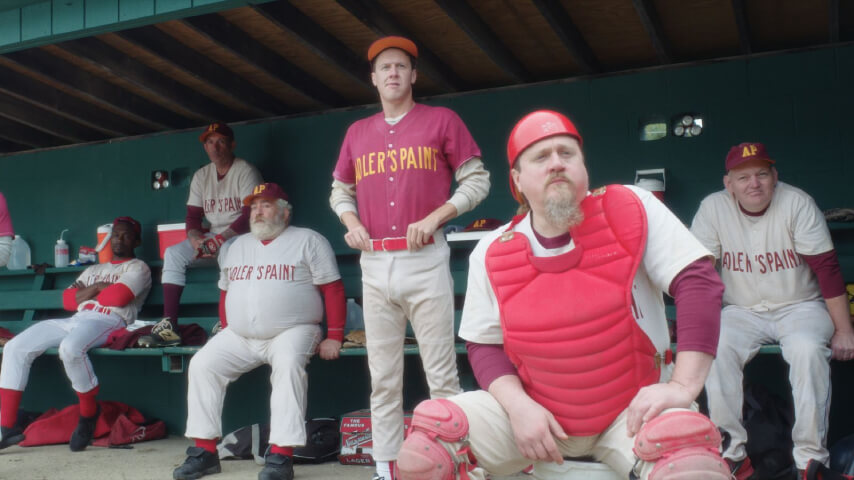The low-key loser delights of Eephus, Cloud, and Vulcanizadora
Losers fight on in films from Kiyoshi Kurosawa, Carson Lund, and Joel Potrykus
Photo: Music Box Films
The Chicago International Film Festival never slouches. As a local and the humble film editor of The A.V. Club, it’s one of the premiere cultural events of the year. But its 2024 edition—its 60th, screening over 120 features—highlights something that always makes the fest special. Featuring a plethora of films we’ve already reviewed at The A.V. Club like Blitz, The Brutalist, Conclave, Hard Truths, Nickel Boys, Pavements, A Real Pain, Maria, and The Room Next Door as well as dozens more from around the world, CIFF balances the hot-button movies that’ll be haunting the year-end lists of critics while truly feeling international. This isn’t just where you’ll find the new film from Andrea Arnold or the latest Robert Zemeckis. Those are present, of course, but flanked by tiny films from Finland, Iran, Palestine, and Zambia, as well as a half-dozen from the fest’s home city. In the spirit of these scrappy little movies from places so often skated over when the world looks for the next great film, is Eephus, a movie about amateur baseball in small-town Massachusetts.
Eephus, the debut from filmmaker Carson Lund, is an elegy for a hobby and for a certain kind of male relationship. Two teams, Adler’s Paint in red and the Riverdogs in blue, while away the hours on a brisk autumn day in the 1990s, playing America’s pastime for the last time. Soldiers Field is about to face a burial that only a bunch of beer-crushing middle-aged guys would deem ignoble: It’ll soon be bricked over for a new school. The ballplayers bitch and moan because the next closest field is half an hour away, in a town everybody hates, which means that this game might be the last time these guys suit up together.
Afternoon drifts into evening over a condensed yet leisurely 90 minutes, with members of both teams—filled with regular-looking character actors, fat, busted, gravelly, or on the way to one or more—bonding over shit talk and shit shooting. They’re not bums per se, but none seem to have anything better to do. Conversations, natural and ephemeral, are interrupted by the crack of the bat. Their connections, so certain yet so fragile, only truly existing when the gloves are on and the umps are out, are as winning as the other details being phased out of this little town. Like the community’s triangular manhole covers slowly being replaced by standard-issue circles, these men and these unspokenly close bonds will fade away soon enough.
Shot by Greg Tango, the crisp compositions mostly stay confined to the diamond, though those sitting on the outskirts or in the dugout get their due. A god-like scorekeeper meticulously tallies the facts and figures, tracking with imperfect detail a game that couldn’t matter less. Some sarcastic skater teens heckle from beyond the fence. An old-timer creaks on the bleachers, waiting for everyone else to catch up with him. Eephus’ oddball title comes from a slowpoke trick pitch (Red Sox long-timer and eephus aficionado Bill “Spaceman” Lee pops up to sling a few) that drifts through the air, confounding the batter with its unexpected leisure. As the film follows suit, captivating with its poetic details, you’ll understand that Moneyball line: “How can you not be romantic about baseball?”








































